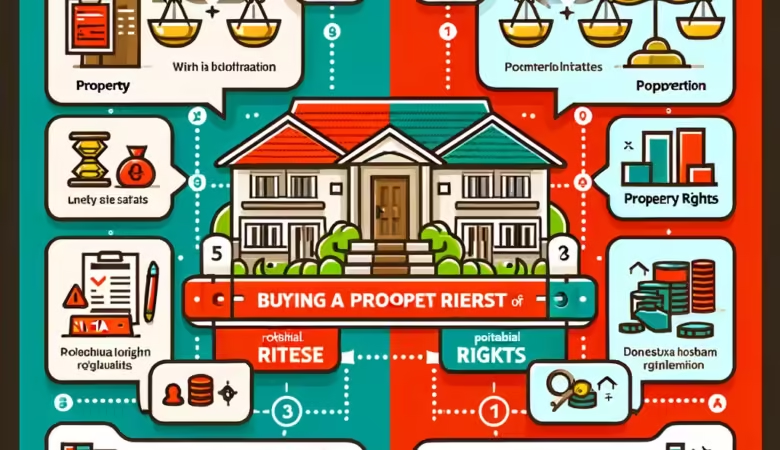Definitions of Land-Related Documents
Definitions of Land-Related Documents Village Map: A cadastral map showing detailed divisions of land, including plots, roads, and boundaries within the village. Useful for confirming the location and neighboring plots. Title Deeds: Legal documents that act as evidence of the ownership rights of the property. These deeds are essential to verify that the seller has the legal right to sell the property. Index of Land Records of Rights: Also known as “Record of Rights” (RoR), this document contains details about the ownership and tenancy rights of landholders, essential for determining the legal status of the property. Preliminary Record/Mysore Settlement: This refers to historical land surveys and settlements carried out in the state of Karnataka (previously Mysore state). The Mysore Settlement was an important process for documenting land ownership, land taxes, and boundaries. The preliminary record is the initial stage of these land records. Moola Tippani, Karda, Hissa Tippani, RR Balbhagada Nakal: Various survey and ownership-related records: Moola Tippani: Original survey document. Karda: Partition document for divided land. Hissa Tippani: Documentation of subdivisions. RR Balbhagada Nakal: Revenue records. Karab Uttar Nakal: Document explaining land classified as “Karab” (non-arable or barren), which might not be suitable for agriculture or development. Akarbandh: A revenue record that shows the survey and classification of agricultural land for revenue assessment purposes. RTC: Record of Rights, Tenancy, and Crops. Contains information on the ownership history, land usage, and cropping patterns over the years. Relevant MR’s (Mutation Records): Documentation of changes in land ownership due to sale, inheritance, or transfer. Essential for understanding the legal transfer history of the property. Conversion Order, Intimation Letter, Conversion Fee Paid Challan, and Conversion Sketch: Documents related to the conversion of agricultural land into non-agricultural use, including official approval and payment of fees. NOC 7A or 48A: No Objection Certificate (NOC) under sections 7A or 48A of the Land Revenue Act, required for land conversion or transfer. NOC PTCL: NOC PTCL is a No Objection Certificate required under the Karnataka Scheduled Castes and Scheduled Tribes (Prohibition of Transfer of Certain Lands) Act, 1978. This certificate ensures that land granted to SC/ST individuals is not illegally sold or transferred, protecting the rights of the original beneficiaries under the PTCL Act. NOC 79a and 79b: NOCs required under sections 79a and 79b of the Karnataka Land Reforms Act, which regulate land transfers to ensure agricultural land is not sold to non-agriculturists. Plan Sanction Letter: Official letter issued by the local authority approving the construction plan for the building or development. Approved Building Plan: The blueprint of the proposed building, approved by the local municipal authority, confirming it meets legal and zoning requirements. Approved Layout Plan: Plan approved by the local authority showing the division of the land into plots, roads, and other infrastructure. Relinquishment Deed for Roads: A legal document where the owner relinquishes part of their land to the local authority for the development of public roads or infrastructure as per the approved layout. Sharing Agreement: A legal agreement between landowners and developers outlining how the developed property (land or apartments) will be shared. Site Release Letter: Letter issued by the planning authority releasing the sites after complete development for sale. Occupancy Certificate: Certificate issued by the local authority confirming that the building has been constructed in accordance with the sanctioned plan and is fit for occupancy. Commencement Certificate: Document that permits the builder to start construction after receiving the necessary approvals. Khata: A Khatha is an essential document proving that the property is registered in the owner’s name and the tax liabilities have been met. NOC from Karnataka State Fire and Emergency Services: Certification that the building complies with fire safety standards as per the state regulations. NOCs from BWSSB, BSNL, BESCOM, State Environment Impact Assessment Authority, and Pollution Board: These NOCs confirm that the property has received necessary clearances for water supply, telecommunications, electricity, environmental impact, Height and pollution control. Encumbrance Certificate: An Encumbrance Certificate (EC) is a document that proves a property is free from any legal or financial liabilities, such as loans or disputes. It confirms that the property has a clear title and can be safely bought or sold without any claims from other parties.




